Microsoft releases Dragon Copilot, an AI specialized in healthcare-based tasks
The model will be released in the US and Canada in May.
2 min. read
Published on
Read our disclosure page to find out how can you help Windows Report sustain the editorial team. Read more
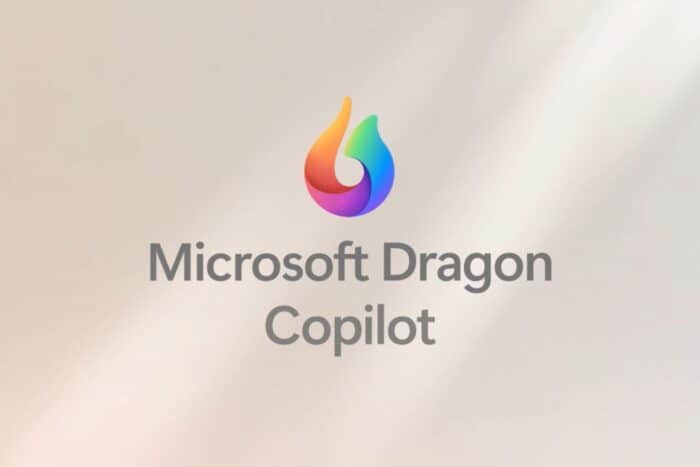
Microsoft has launched Dragon Copilot, an AI assistant tailored to medical situations. The solution combines the advanced speech recognition capabilities of Dragon Medical One (DMO) with the ambient AI technology of DAX Copilot, creating a unified voice assistant optimized for patient care.
According to Microsoft’s official announcement earlier this week, Dragon Copilot leverages technology from Nuance Communications, a speech recognition and AI leader, which the Redmond-based tech giant acquired for $19.7 billion three years ago.
The new AI assistant is built on a secure architecture with healthcare-specific compliance safeguards, and its goal is to provide the highest data protection standards.
At Microsoft, we have long believed that AI has the incredible potential to free clinicians from much of the administrative burden in healthcare and enable them to refocus on taking care of patients. With the launch of our new Dragon Copilot, we are introducing the first unified voice AI experience to the market, drawing on our trusted, decades-long expertise that has consistently enhanced provider wellness and improved clinical and financial outcomes for provider organizations and the patients they serve.
Dragon Copilot offers a range of features designed to streamline documentation and surface information and automate tasks. Clinicians can dictate medical notes during patient visits, search for medical information from trusted sources, and automate tasks such as conversational orders and clinical evidence summaries. The AI assistant also supports multilanguage ambient note creation, personalized style and formatting, and natural language dictation capabilities.
The new AI assistant will be available via the Microsoft Cloud for Healthcare. It will initially launch in the US and Canada in May, followed by later availability in the UK, Germany, France, and the Netherlands.
It will be interesting to see how the healthcare industry adopts this model, if it will happen at all. Nonetheless, a healthcare-focused AI model is not exactly unexpected from Microsoft: the company has already patented several similar technologies, all involving artificial intelligence taking care of healthcare-based tasks.
For more information, visit the Microsoft Industry Blog.
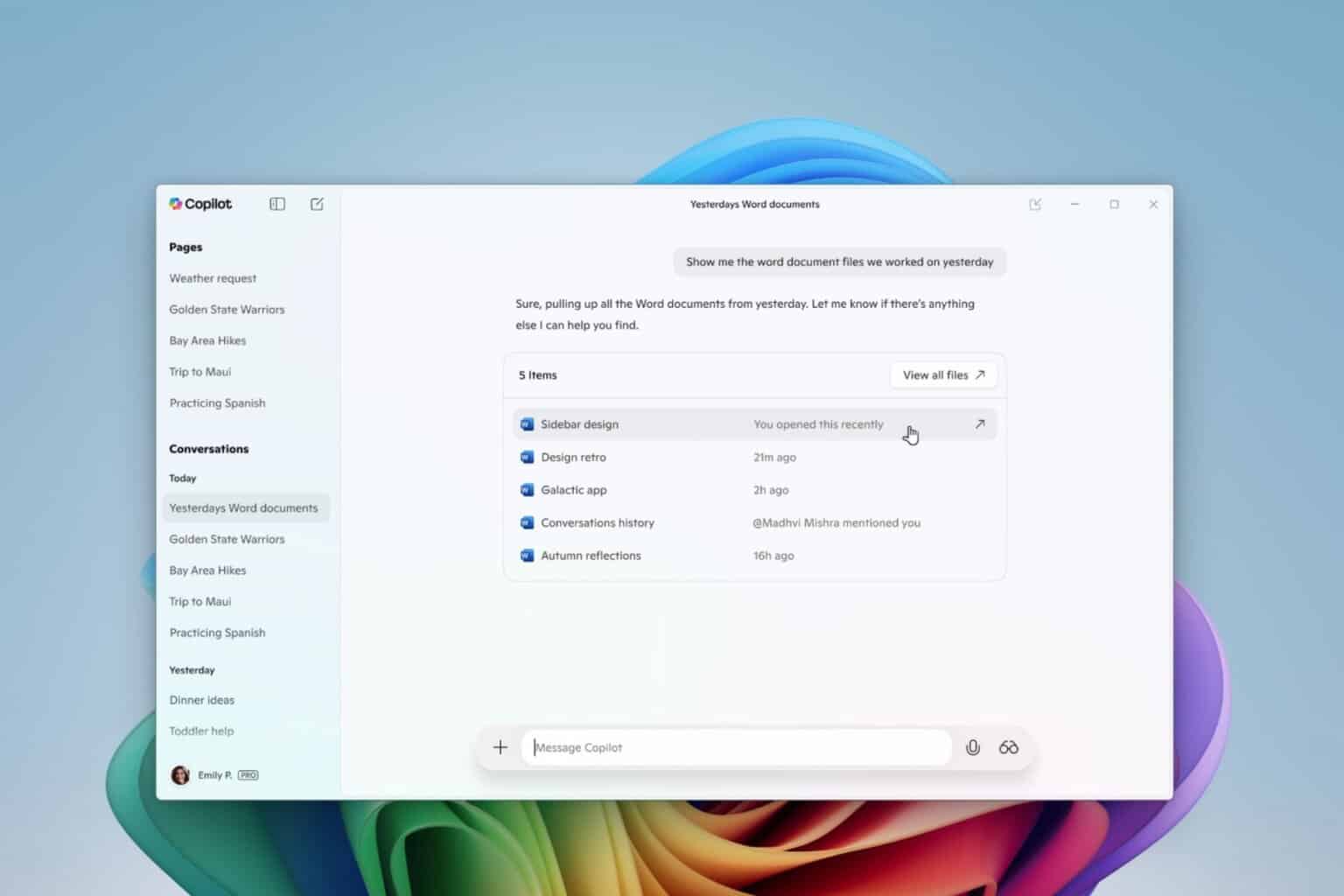

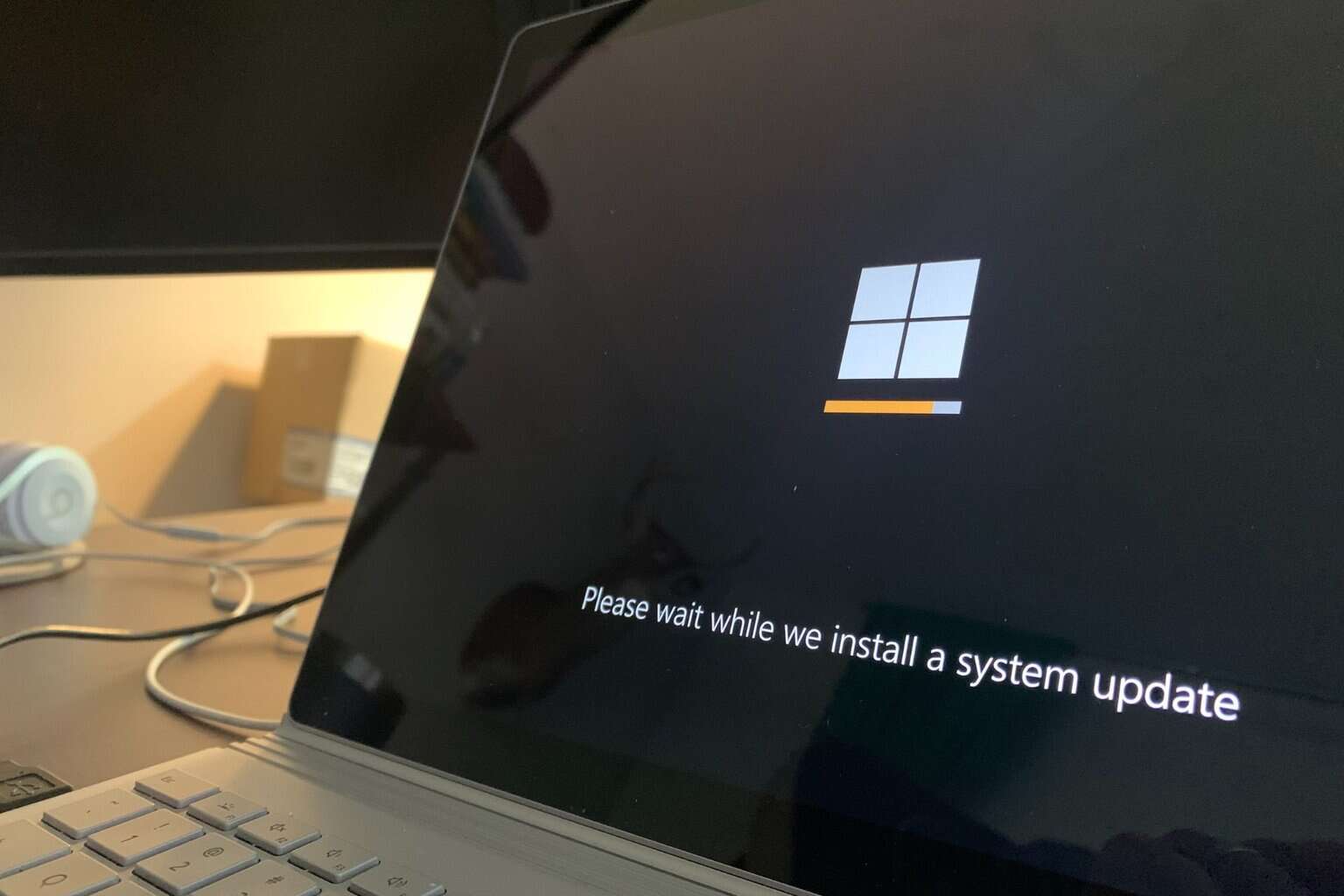
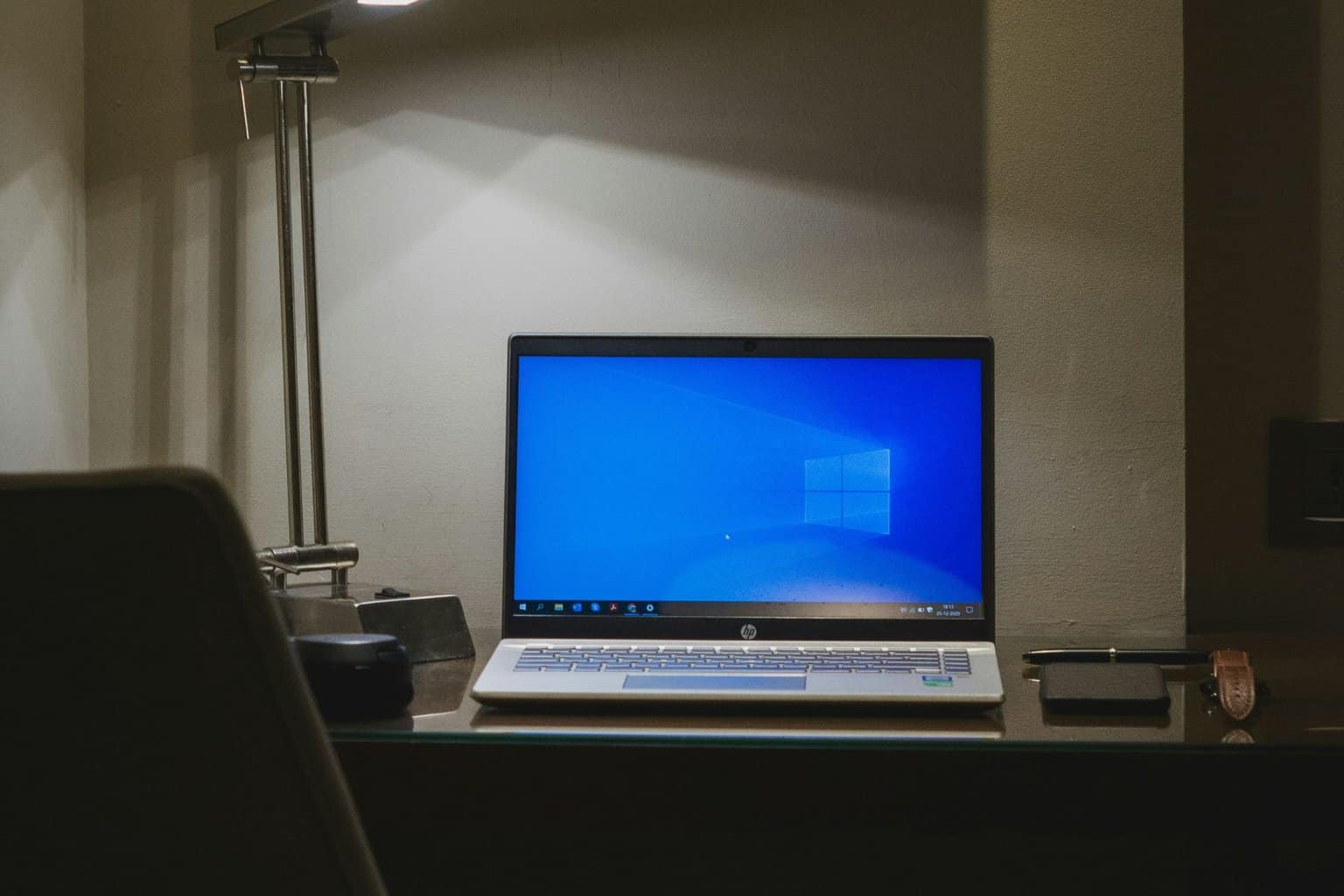
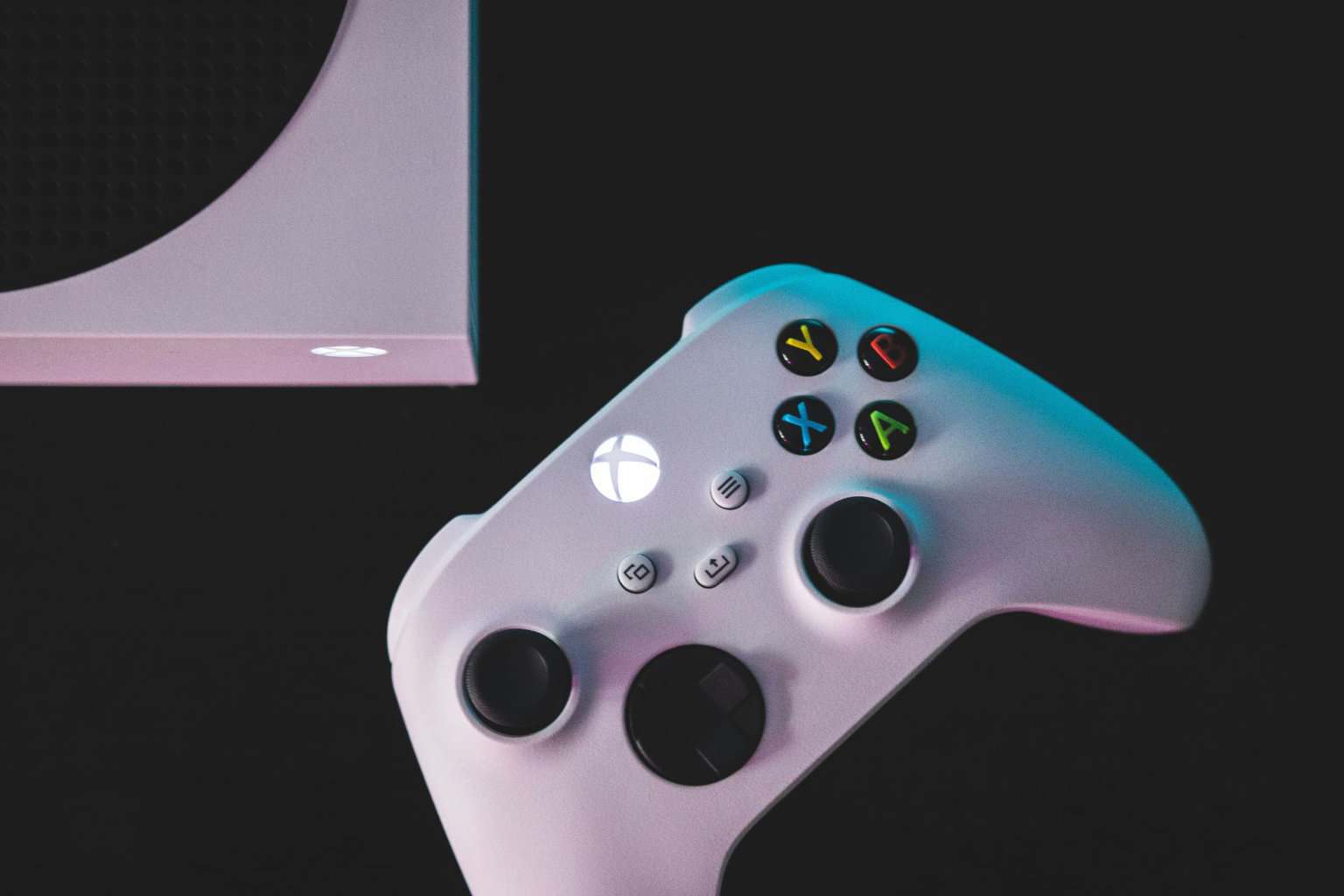
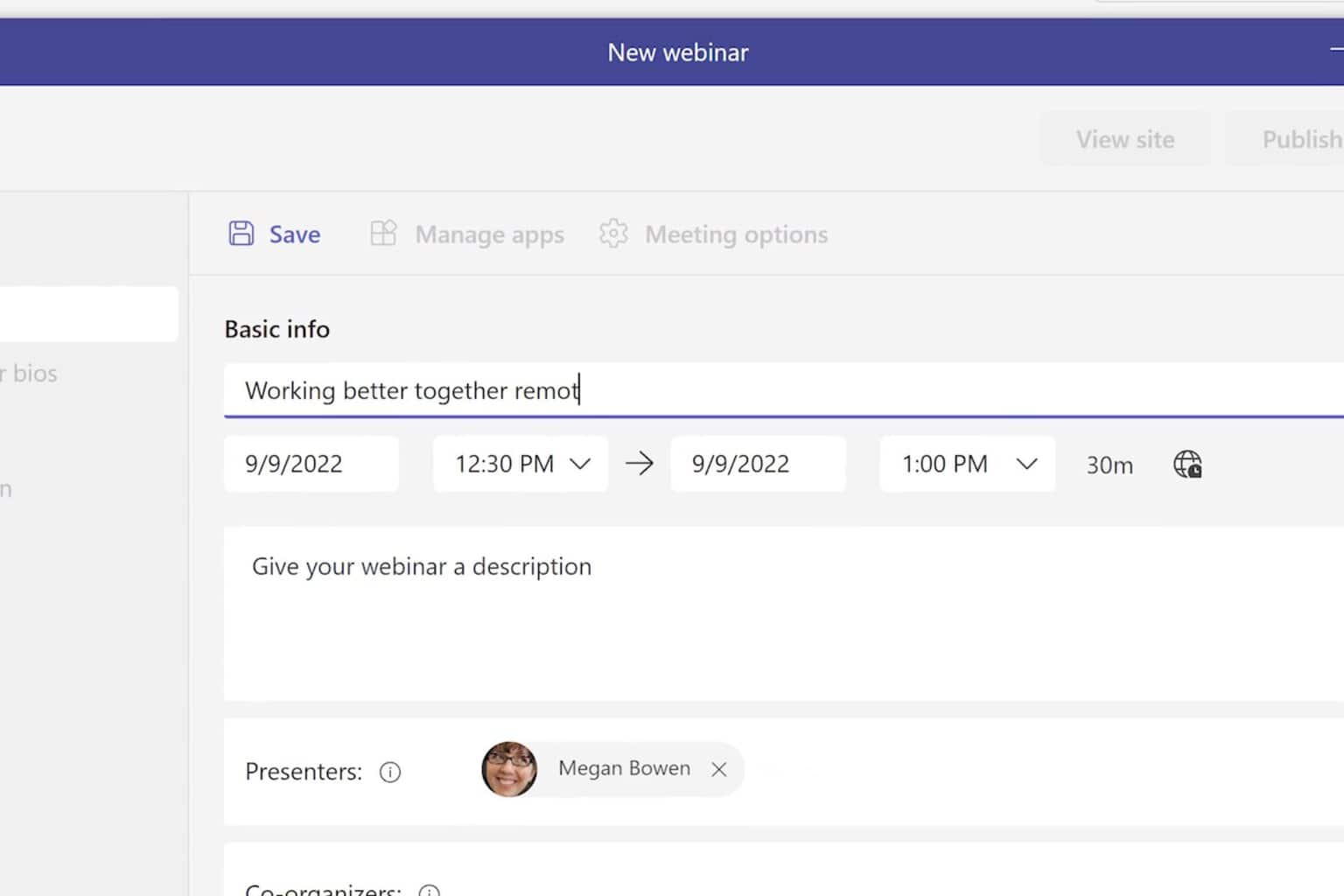
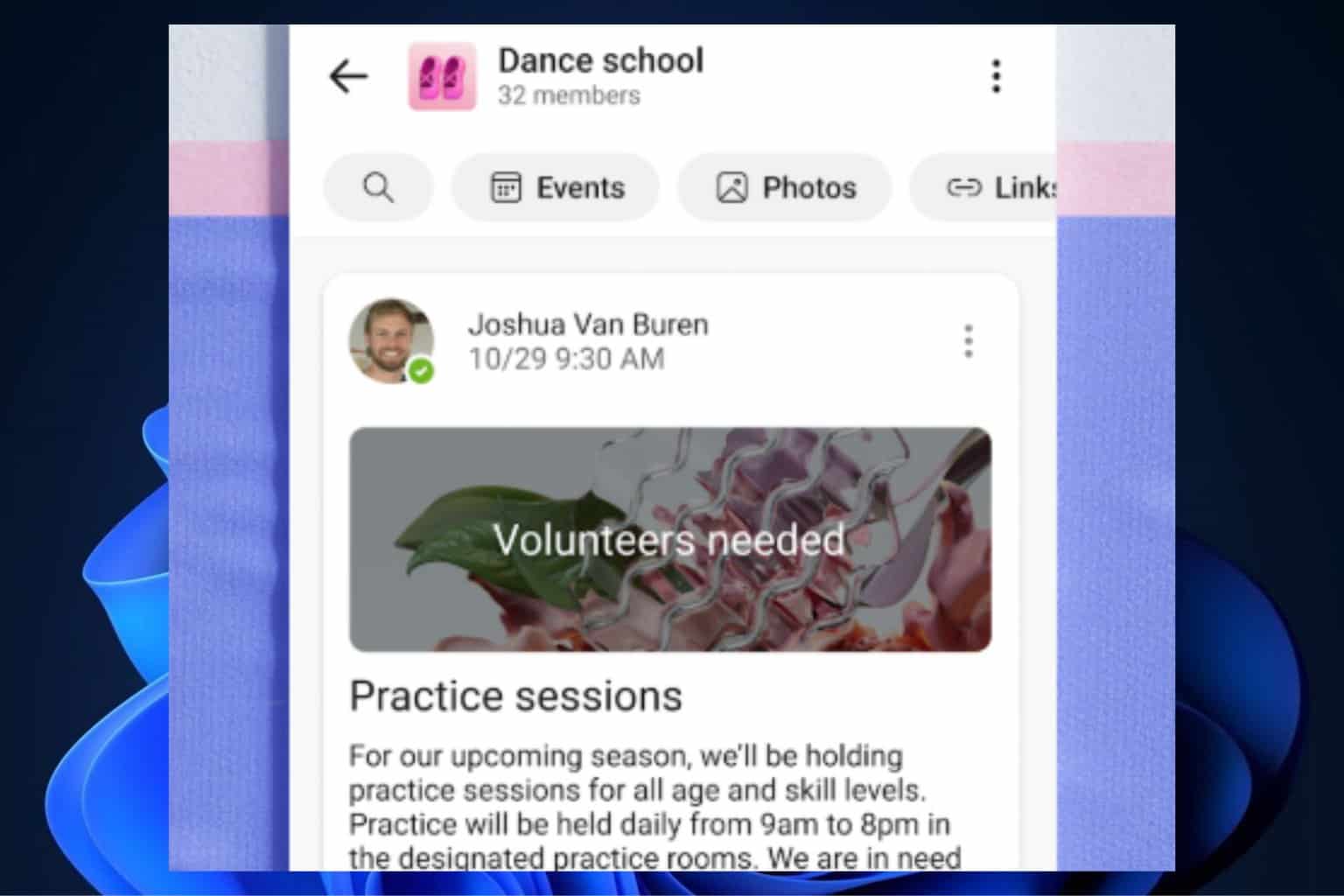
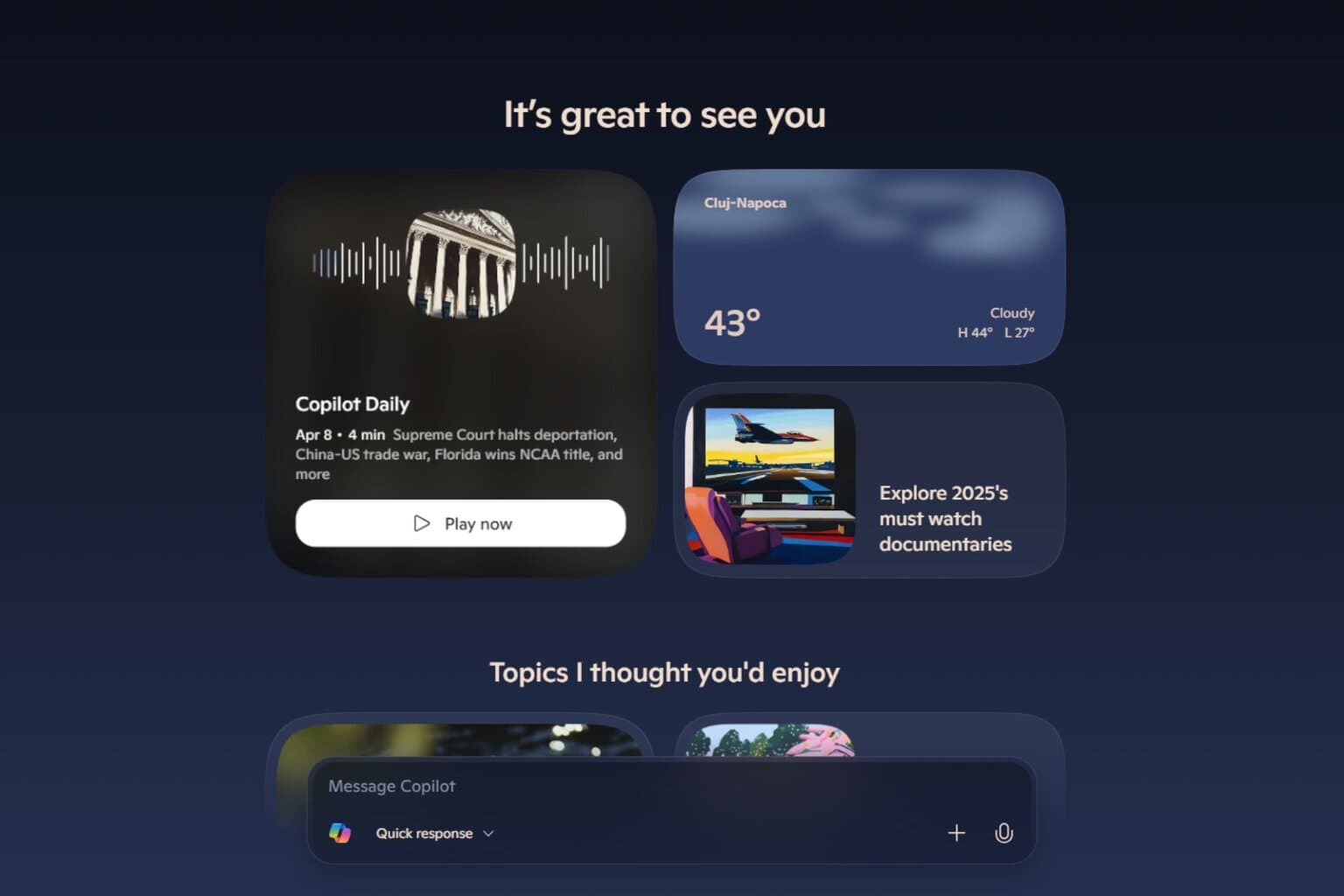
User forum
0 messages